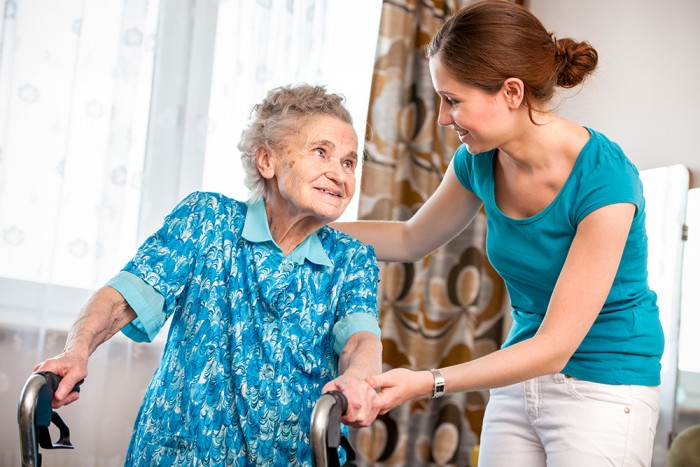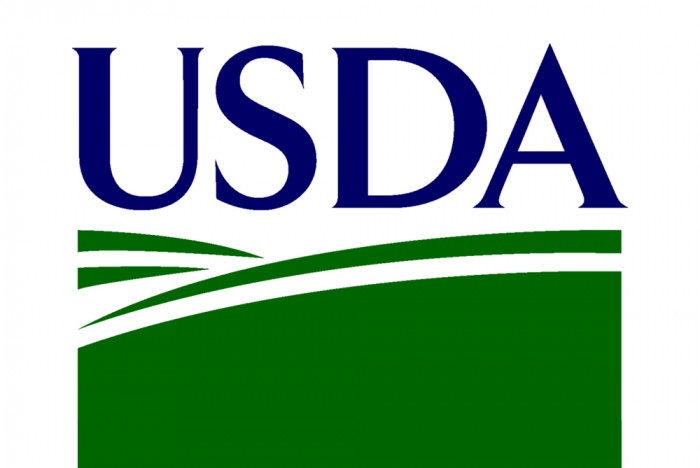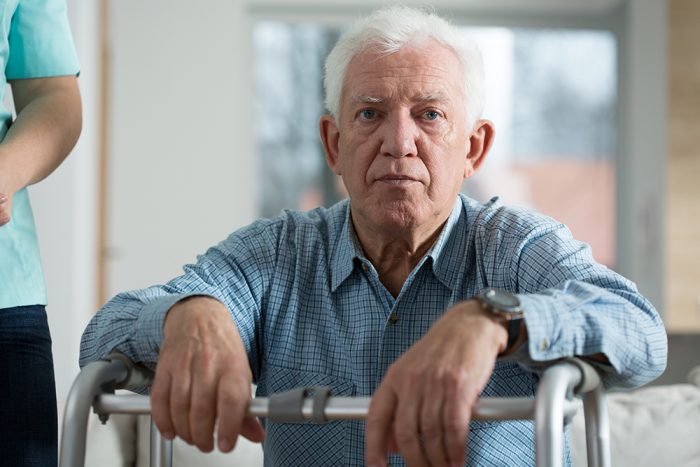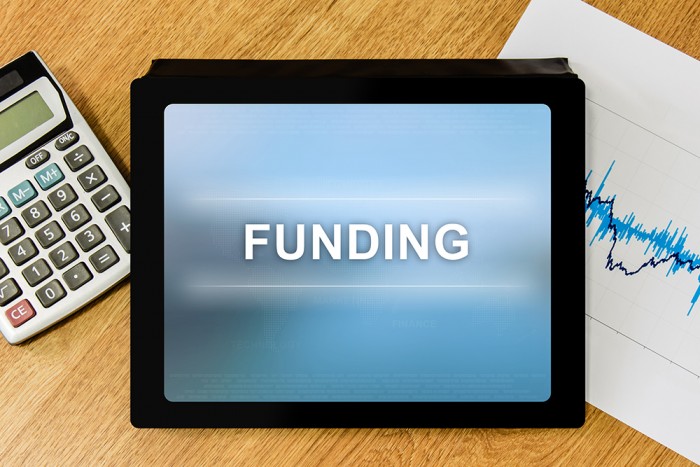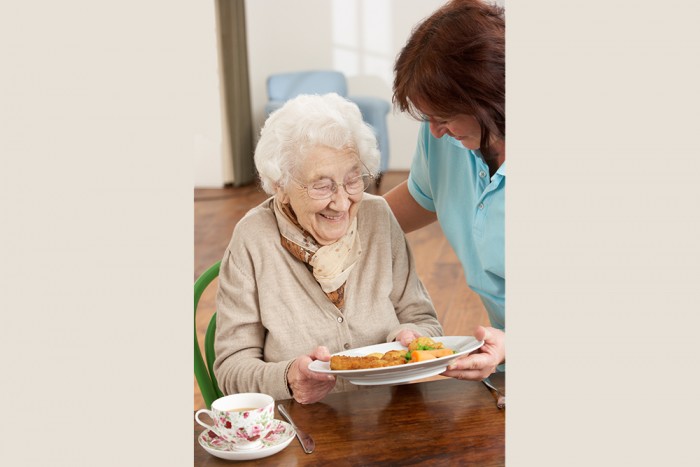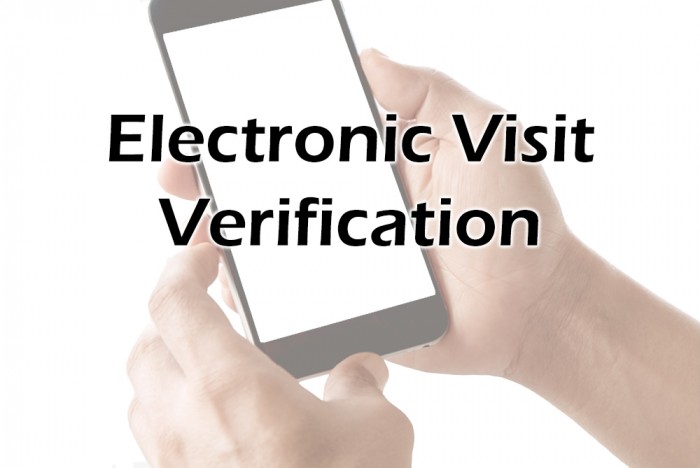Fady Sahhar
USDA Launches AskUSDA and Improves and Streamlines Customer Experience
Washington, DC * November 18, 2020 – Today the US Department of Agriculture (USDA) announced the official launch of the AskUSDA Contact Center program. The AskUSDA Contact Center will serve as the “one front door” for phone, chat, and web inquires. It will transform how the public interacts with USDA and provide an enhanced experience for the public.
Prior to the creation and implementation of AskUSDA, members of the public had to navigate dozens of phone numbers and had no chat function or online platform for self-service. This situation created frustrations and inefficiencies. AskUSDA was created to make USDA more responsive to the public by providing a single destination for phone, chat, and web inquiries. Whether it’s talking to a USDA representative via phone, chatting with a live agent on our website, or communicating with USDA via email, the public will have streamlined access.
The launch of AskUSDA delivers a centralized contact center that offers customer service and consistent information for the public. With over 29 agencies and offices, USDA’s mission impacts every single person in the US and hundreds of millions around the globe. AskUSDA assures that farmers, researchers, travelers, parents, and more have efficient access to the information and resources that they need.
AskUSDA is set up to handle common questions across programs that service a variety of audiences. For example, customers who may have basic questions about USDA’s nutrition services can be assisted via phone, email, and web chat by trained AskUSDA representatives. Meanwhile, customers who may have complicated questions about loan programs can be quickly connected to agency experts. AskUSDA also hosts over 5,000 articles for a self-service option to help with more common questions such as food safety inquiries or pet-travel guidance.
Over the course of its pilot program, AskUSDA successfully assisted with over 93,000 citizen inquiries, and the AskUSDA website received over 1.4 million knowledge article page views. USDA looks forward to continuing to implement this enhanced best-in-class contact center across the department.
The public can contact AskUSDA by phone at (833) ONE-USDA. Representatives are available from 9:00 am – 5:30 pm Eastern Standard Time (EST) on weekdays. The website is available 24/7 and includes live chat agents who are available from 10:00 am – 6:00 pm EST on weekdays. Inquiries can also be sent via email at any time.
Amid COVID-19 Cases and Restrictions, Nursing Homes See Rise in Deaths by Neglect
USDA Celebrates National Rural Health Day
The United States Department of Agriculture (USDA) is recognizing National Rural Health Day today to applaud the many contributions of rural communities and address the unique challenges that they face in accessing and delivering healthcare services. To celebrate, we are highlighting ways that we are working with rural leaders and our partners to increase access to critical healthcare across rural America. Learn more below.
USDA Leadership Discusses Rural Healthcare:
- Using Technology to Improve Rural Healthcare
- USDA Helping to Increase Rural Residents’ Access to Healthcare
Real Stories of Small Towns Undergoing Big Changes:
- Telemedicine Technologies in Rural Washington Spark Long-Term Advancement in Health Care Delivery
- Pioneering Innovative Healthcare Services and Infrastructure for Rural Areas
- There’s No Place Like the Peabody Home
Do you need help accessing rural healthcare funding opportunities?
- Check out the Special Edition Innovation Matters newsletter.
For more information about National Rural Health Day, visit this webpage.
Bulletin Clarification: Electronic Visit Verification (EVV) for Personal Care Services (PCS) Bulletin
Electronic Visit Verification (EVV) for Personal Care Services (PCS) Bulletin 07-20-04, 54-20-04, 59-20-04,00-20-03 outlines compliance requirements when manual edits are required to correct EVV visit data. The bulletin includes the following language addressing documentation for manual corrections:
- Visit Corrections and Documentation for Manual Corrections
- If EVV visits require manual corrections or edits due to missing or incorrect data elements, providers must maintain hard copy documentation of the manual corrections for auditing purposes. Hard copy documentation is a paper copy.
- Providers are to establish policy on documentation required to meet auditing requirements and standards as well as organization needs.
The intent of this requirement is to ensure that providers are prepared to provide physical documentation (hard copy) of the reason for manual corrections if requested during an on-site audit. Providers have flexibility in how to implement this requirement as long as physical documentation can be provided upon request. This statement does not dictate that providers must use paper time sheets; however, that is one option to satisfy this requirement. If documentation is kept electronically, such as in the provider’s EVV system, providers must be capable of producing hard copies of this documentation as requested.
Questions on the bulletin or this bulletin clarification should be directed here.
DOH Highlights Oct. 2020 Nursing Home Inspection, Sanction Information Amidst Pandemic
Act 24 Cost Reporting Forms
Governor Wolf signed Act 24 of 2020, which allocates funding from the Federal Coronavirus Aid, Relief, and Economic Security Act – also known as the CARES Act – to assist providers with COVID-19 related costs. Funding from Act 24 must be used to cover necessary COVID-19 related costs incurred between March 1, 2020 and November 30, 2020 that have not been otherwise reimbursed by Federal, State, or other sources of funding. To qualify for the one-time payment, a person or entity must have been in operation as of March 31, 2020. Under Act 24, $457 million of COVID-19 relief funds were allocated to providers of long-term living programs.
Any person or entity accepting a COVID-19 payment must provide documentation to the Department of Human Services (DHS) upon request for purposes of determining compliance with Act 24 requirements. Providers were previously advised to keep documentation to demonstrate how the funds were used for a response to the COVID-19 pandemic in case of an audit.
DHS has developed the attached reporting forms to collect information about the use of Act 24 funding. The reporting forms capture provider information; COVID-19 utilization related data; COVID-19 related staffing, expenditures, and revenue losses; and COVID-19 related revenue to determine the net impact. Providers are advised to review guidance for eligible COVID-19 costs on the US Department of Treasury website:
- Coronavirus-Relief-Fund-Guidance;
- Coronavirus-Relief-Fund-Frequently-Asked-Questions; and
- DHS Frequently Asked Questions.
DHS is requesting the following two reports from the Office of Long-Term Living (OLTL) providers:
- An interim report, which identifies the total COVID-19 related costs each provider projects to incur by November 30, 2020. This interim report is due by November 6, 2020. To assist providers in projecting eligible costs, DHS recommends using the cost report attached and reporting costs that appear in cells H120 and H165. Providers must report the projected costs through a web-based portal.
- Providers are required to complete a final cost report and upload it through the web-based portal by no later than December 21, 2020. Providers must keep all documentation related to the costs reported in the final cost report for a minimum of five years.
Cost Reporting Forms:
- Personal Assistance Services and Home Health Agency;
- PCH/ALF;
- Public Adult Day Center; and
- Residential Habilitation.
In advance of the reports’ due date, DHS recommends that providers review the attached cost-reporting form and instructions and begin compiling the required information. Information on how to access the web-based reporting portal will be sent through a separate email.
Thank you for your ongoing assistance during these trying times. Please submit any questions about OLTL Act 24 expense reporting via email.
Apply Now: Phase 3 Provider Relief Funding Application Deadline Approaching
Proposed Change to Nursing Home Transition Tenant-Based Rental Assistance Program
This communication is to provide notice to Nursing Home Transition (NHT) Coordination Agencies (NHTCAs) of a proposed change to NHT Tenant-Based Rental Assistance (TBRA). It will also provide an opportunity to offer comments or feedback. Please review this brief notice and offer any comments or questions by the close of business on Wednesday, October 28, 2020.
Earlier this year, the rules for NHT one-time TBRA were modified to allow that, in the event that a landlord cannot or does not wish to provide the information necessary to make the payment via direct deposit, the payment may be directed to the NHTCA assisting with the application. The NHTCA would then be responsible for providing the payment to the landlord.
A change has been proposed, which would require each application and payment to be handled as described above. The one-time TBRA payment would be directed to the NHT Coordination Agency instead of the landlord. The NHTCA then would be responsible for providing the payment to the landlord. This change is expected to make the application and payment process faster and more efficient.
Please note that this change would apply only to one-time TBRA payments. Any payments still going to landlords through the now discontinued bridge TBRA payment would continue to be made to those existing landlords for up to 24 months.
If you have any questions, comments, or feedback about this proposed change, including the feasibility of this arrangement for your agency or concerns about any negative outcomes this change might cause, please email your feedback to Rachel Sink no later than the close of business on Wednesday, October 28, 2020.
EVV Compliance Reminder
If providers have not already started implementing Electronic Visit Verification (EVV), providers are at risk at being out of compliance on January 1, 2021.
All claims and encounters for personal care services (PCS) subject to EVV requirements for dates of service on or after January 1, 2021 must have a corresponding EVV visit or claims payment will be impacted. Manual editing compliance rates will also go into effect on January 1, 2021. Please reference the recently released Electronic Visit Verification (EVV) for Personal Care Services bulletin and Electronic Visit Verification for Personal Care Services Provided in the Fee-for-Service Delivery System bulletin for additional details.
Alternate/Third Party EVV Systems
Fee-For-Service providers using an Alternate EVV system who have not already reached out to begin the Aggregator Certification process must contact Sandata Alternate EVV support team by phone at 855-705-2407 or by email as soon as possible to begin this process. Providers must receive their production credentials and confirm their EVV data is viewable in the Aggregator Portal to complete the certification process.
Community HealthChoices (CHC) Providers
All CHC providers must be actively working with the CHC-Managed Care Organizations (MCOs) to ensure they are in compliance with all EVV requirements. If your agency has not already started collecting EVV data and sending the appropriate data to each contracted MCO, please reach out to the MCOs as soon as possible to begin this process.
Providers Electing to use the Department of Human Services (DHS) Sandata EVV System
Providers electing to use the DHS Sandata EVV system must complete Sandata’s “Pennsylvania DHS – Electronic Visit Verification (EVV) Self-Paced Training for Agency Providers” training in order to receive credentials to use the system for OBRA, Act 150, and Offices of Developmental Programs and Medical Assistance Programs fee-for-service participants. Please begin this process as soon as possible by completing the sign-up form.
Upon completing the self-paced training, providers will be issued a Welcome Kit, including their agency’s production credentials. Providers must setup their agency and direct care workers in the EVV Provider Portal and train the rest of their staff on how to use the system, including the Sandata Mobile Connect™ application and telephonic visit verification (TVV) visit capture modalities to their direct care workers.
If you have any questions, please email them here.








